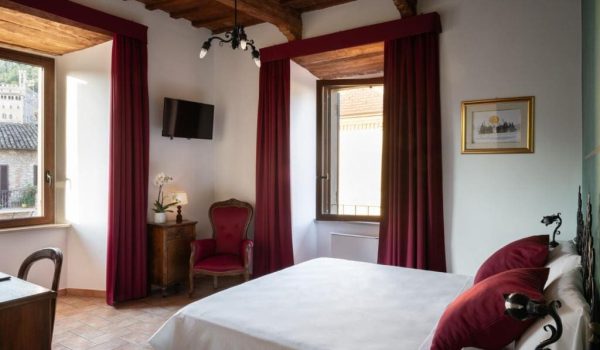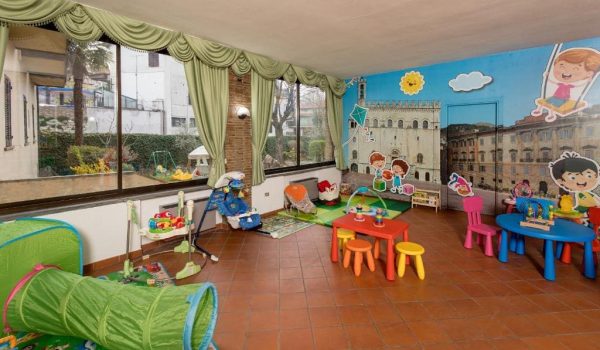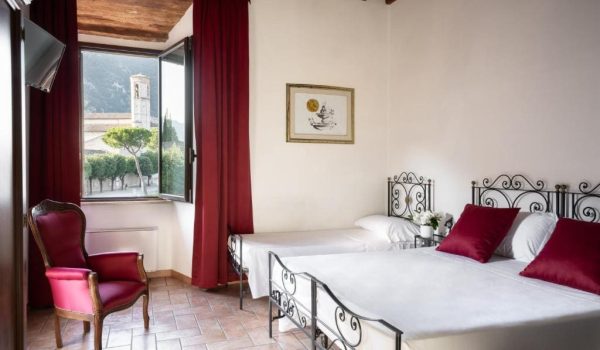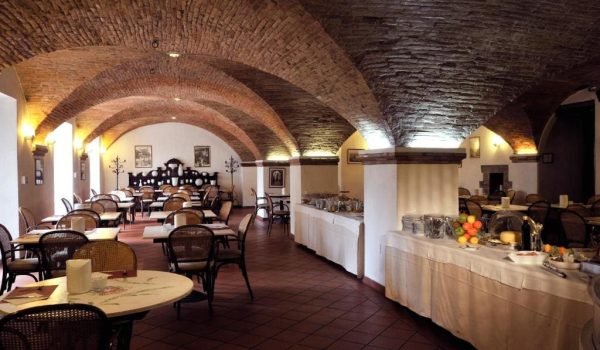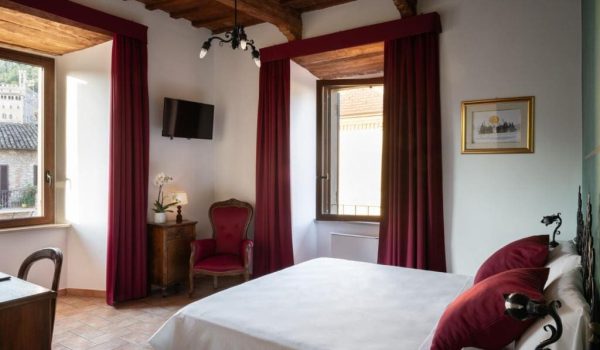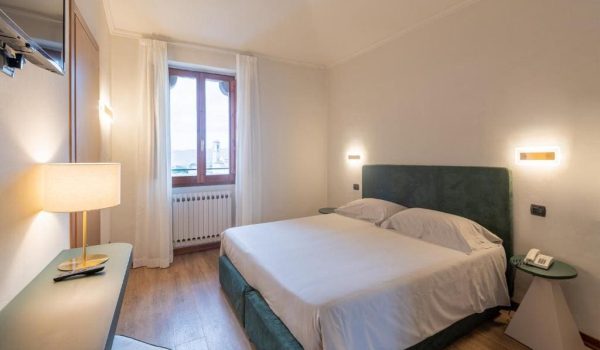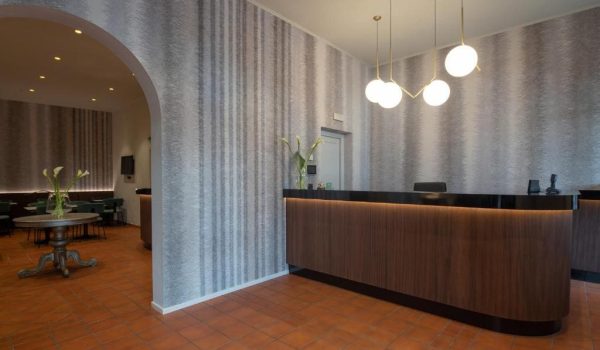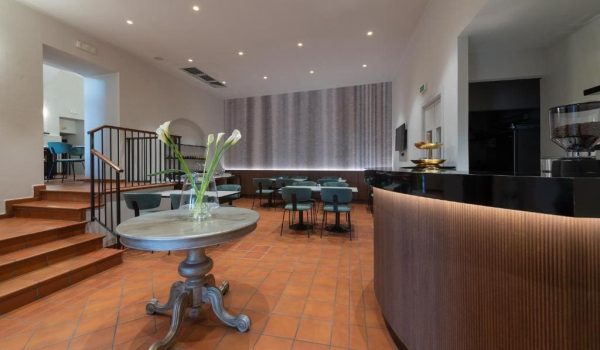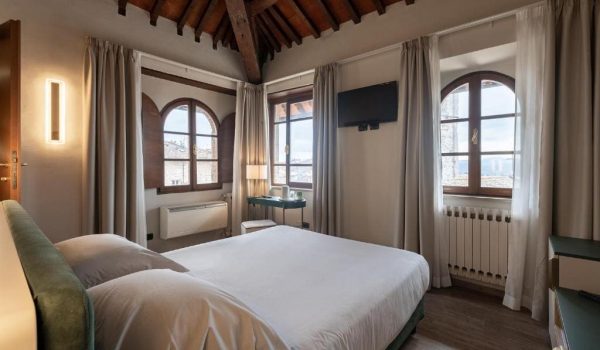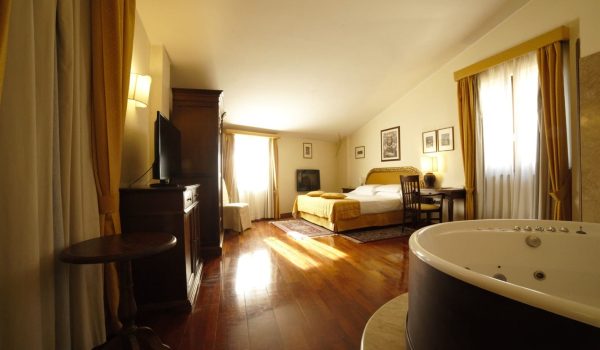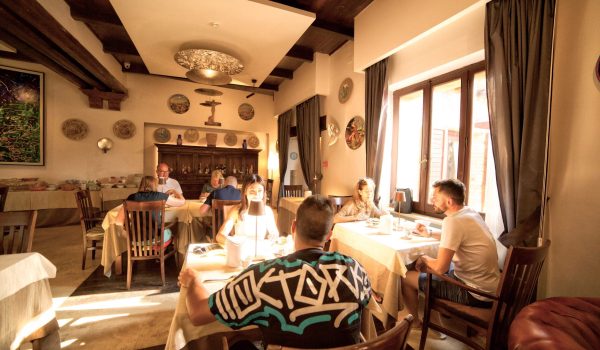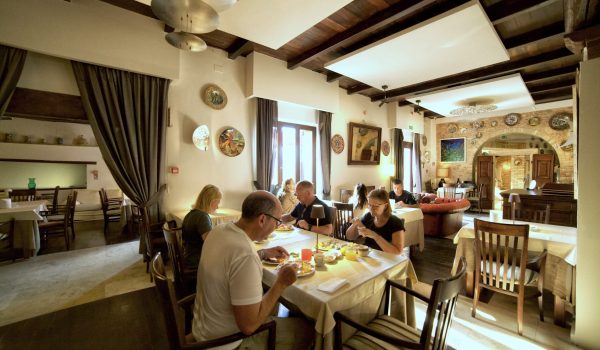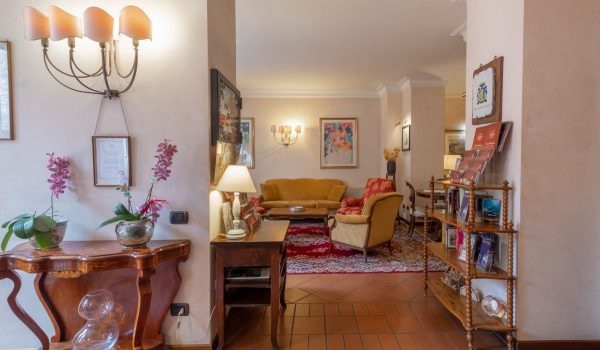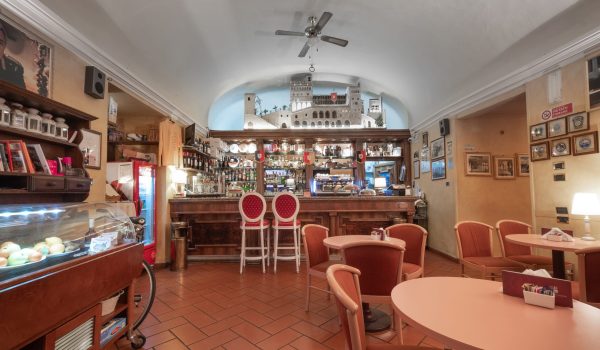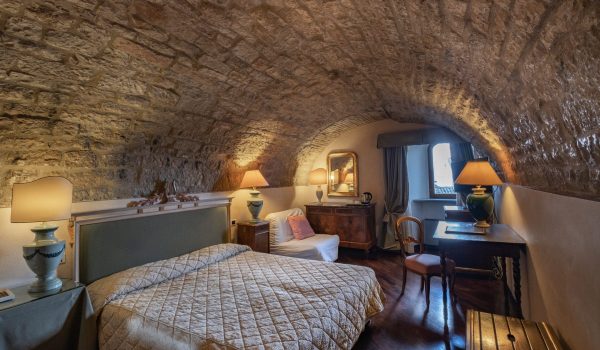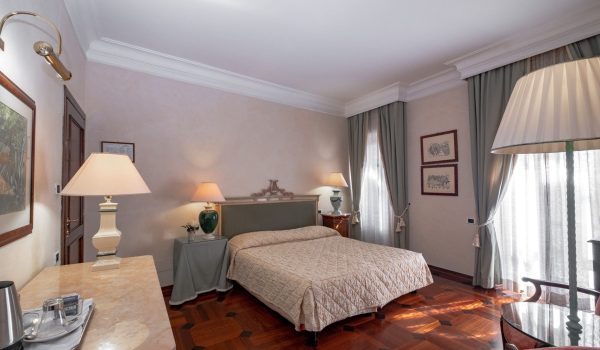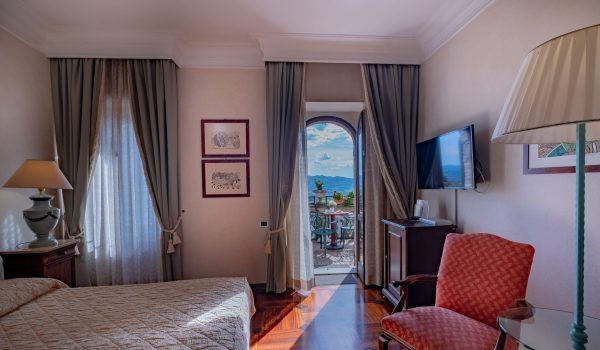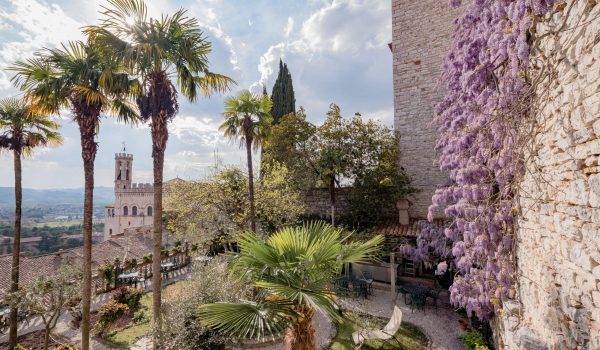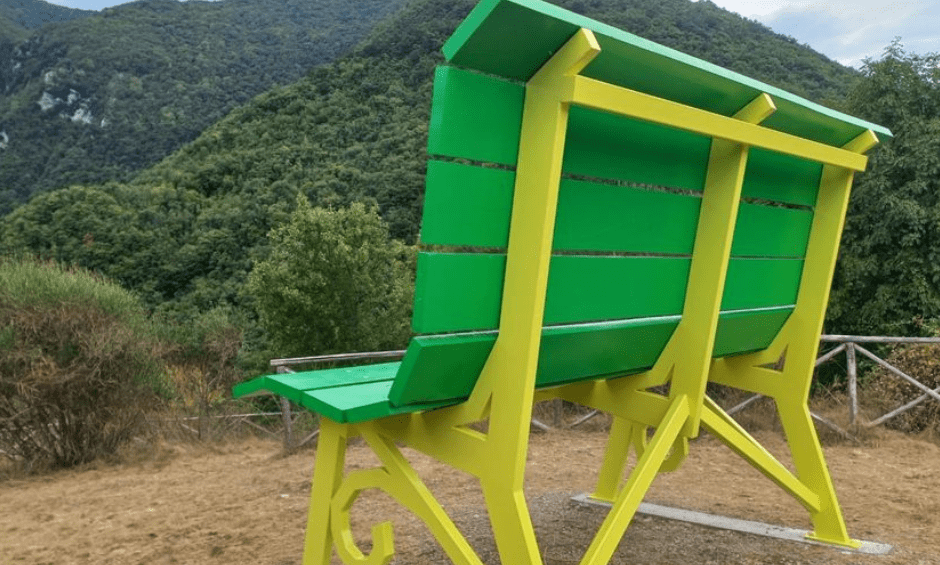

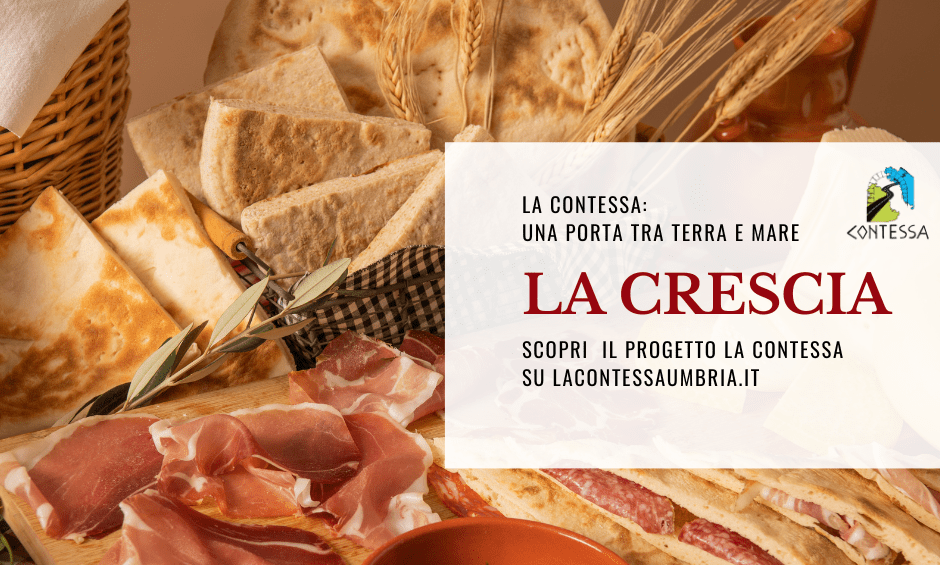
La Crescia
La Contessa: una porta tra terra e mare
Ti raccontiamo
La Crescia
La Crescia, specialità semplice e genuina, ma con radici profonde nel territorio eugubino e simile a una focaccia, è uno degli alimenti più antichi della zona, con origini che risalgono alla civiltà degli Antichi Umbri. Il suo antenato diretto è la “mefa”, menzionata nelle Tavole Eugubine come un’offerta sacra al dio Fisovio durante le cerimonie rituali. Questo pane rituale non solo nutriva i corpi, ma cementava i legami comunitari.
Catone il Censore, nel suo “De agri cultura”, descrive una preparazione simile chiamata “placenta”. Questo alimento accompagnava i pasti nell’antica Roma e la sua preparazione meticolosa è un riflesso della cura e della dedizione che ancora oggi caratterizzano la cucina umbra.
Dalla Tradizione alla Modernità
Nel corso dei secoli, la Crescia è rimasta un alimento centrale nella dieta locale, trasformandosi da semplice pane quotidiano a delizia farcita per i giorni di festa. In passato, la Crescia era cucinata su pietre piatte chiamate “panaro”, scaldate sotto i carboni ardenti. Oggi, il panaro di ghisa ha preso il posto di queste pietre, permettendo di cucinare la Crescia anche nelle moderne cucine a gas.
L’impasto della Crescia è fatto con ingredienti semplici: farina di grano tipo 0, acqua, sale e un agente lievitante. Dopo una breve lievitazione a temperatura ambiente, viene stesa a mano e cotta sul panaro, tradizionalmente in un camino a legna o su una piastra a gas. La cottura dura circa 15 minuti, al termine dei quali la Crescia viene tagliata e farcita con prodotti locali, come salumi, formaggi, verdure e, nei giorni di festa, carne di pollo, oca o coniglio.
La Crescia, con la sua semplicità e bontà, è il simbolo perfetto di questo legame indissolubile tra passato e presente.
Unisciti a noi in questo viaggio alla scoperta delle meraviglie del nostro territorio e delle sue ricche tradizioni!
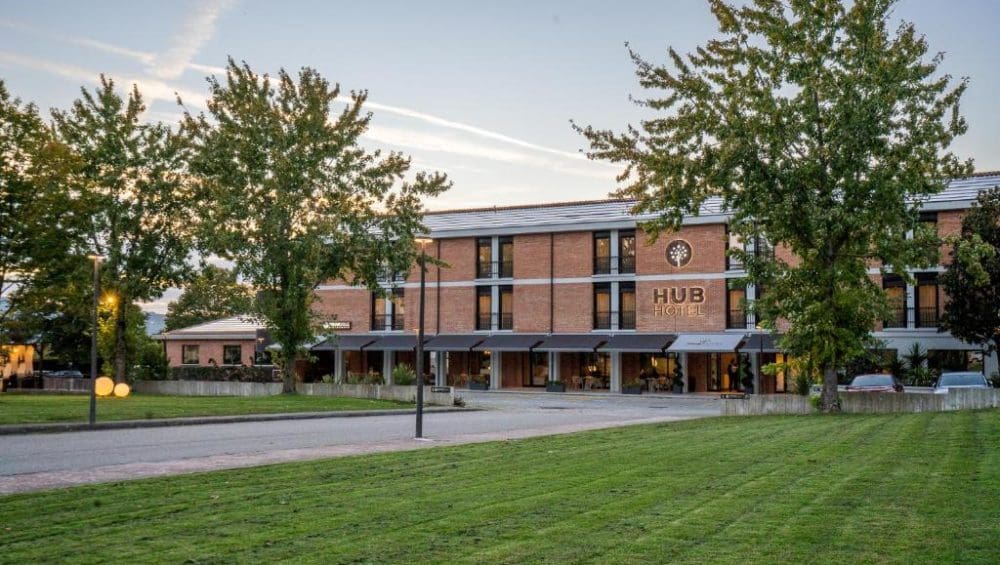
Hub Hotel
Template struttura
Template struttura
Services
Disabled access
Accepting groups
Small pets allowed
Air conditioning
Lift
Hair dryer
Bar
Football pitch
Safe deposit box
Wellness centre/SPA
Minibar
Garage
Games for kids
Gluten free
Golf
Laundry
Bicycle rental
Gym
Parking
Park/Garden
Swimming pool
Indoor swimming pool
Restaurant
Conference hall
Sauna
Solarium
Tennis
Transfer da/per aeroporto
TV - TV Sat
Free Wi-fi - Internet
Ask for information
Map
Gallery
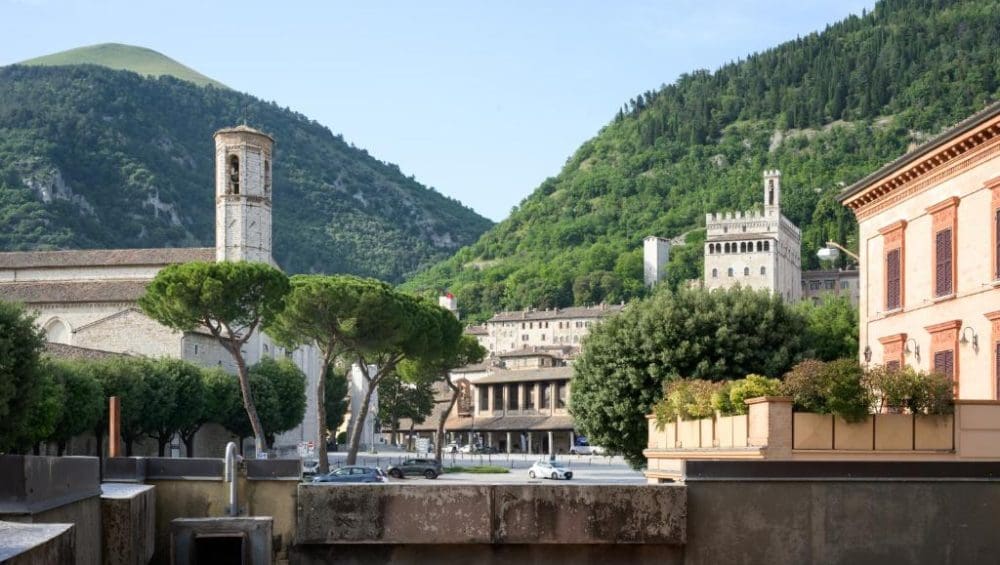
Hotel San Marco
Hotel San Marco
Hotel San Marco is located in the historic center of the medieval city of Gubbio and is the ideal place for a stay dedicated to culture, art and local food and wine.
The structure preserves the medieval atmosphere of the Hospitale di S. Maria della Carità, a pilgrims’ accommodation facility dating back to the 12th century, from whose wise and careful renovation it is obtained.
The furnishings are made by the expert art of local artisans. In the rooms, depending on the type, you will find beds and light points in wrought iron by hand, walnut furniture and terracotta floors.
Some rooms are made even more characteristic by the ceilings with wooden beams, by the medieval stone and by a private collection of paintings created by an established Eugubino artist Alessandro Campanella.
All this contributes to telling and remembering the Eugubina tradition.
The Hotel has large spaces where you can relax both inside, with an elegant and spacious hall and outside, where you will find our private garden that will make your stay even more pleasant and where your children can also safely use our small playground.
Services
Disabled access
Accepting groups
Small pets allowed
Air conditioning
Lift
Hair dryer
Bar
Football pitch
Safe deposit box
Wellness centre/SPA
Minibar
Garage
Games for kids
Gluten free
Golf
Laundry
Bicycle rental
Gym
Parking
Park/Garden
Swimming pool
Indoor swimming pool
Restaurant
Conference hall
Sauna
Solarium
Tennis
Transfer da/per aeroporto
TV - TV Sat
Free Wi-fi - Internet
Ask for information
Map
Gallery
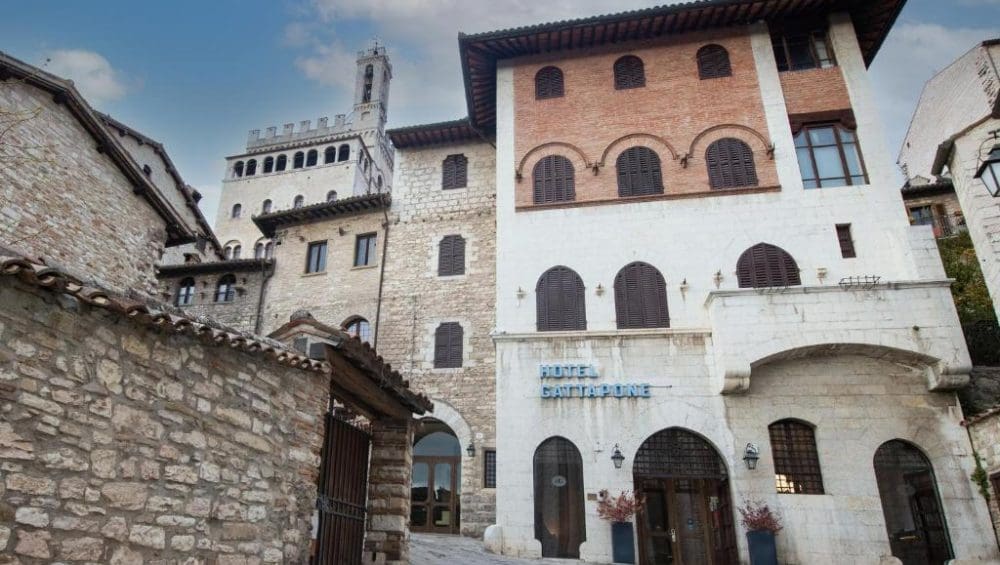
Hotel Gattapone
Hotel Gattapone
Located in a medieval building, in a strategic and exclusive position in the historic center of the city.
Hotel Gattapone, with its restyling that took place in 2023, presents itself with a hospitality project that offers a personalized fit, so that every day spent in the hotel is a day to remember.
The 17 rooms of the Hotel are furnished with great care and taste, designed to create an experience capable of fulfilling the expectations of different customer profiles.
From the windows of many rooms it is possible to admire a magnificent panorama that opens up in the medieval village.
The warm and familiar environment allows the guest to spend a pleasant and relaxing stay.
Servizi
Accesso disabili
Accettazione gruppi
Ammessi animali piccola taglia
Aria condizionata
Ascensore
Asciugacapelli
Bar
Campo da calcio
Cassetta di sicurezza
Centro benessere/SPA
Frigo-bar
Garage
Giochi per bambini
Gluten free
Golf
internet - Wi-fi gratuita
Lavanderia
Noleggio bici
Palestra
Parcheggio
Parco/Giardino
Piscina
Piscina coperta
Ristorante
Sala Congressi
Sauna
Solarium
Tennis
Transfer da/per aeroporto
TV - TV Sat
Ask for information
Mappa
Gallery
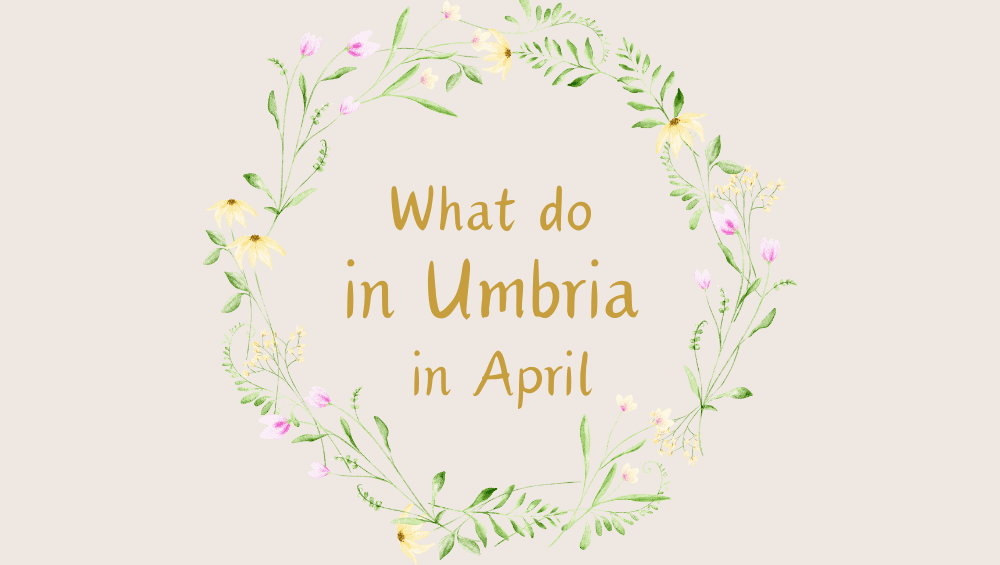
What to do in Umbria in April? UmbriaSì tells you
Umbria in April dresses up in spring, offering a perfect mix of traditions, spirituality and lush nature.
With Easter coming, this month becomes a special time to discover the green heart of Italy.
Here are our three tips on what to do in Umbria in April

Experience the evocative Easter celebrations
Easter in Umbria is a unique spiritual and cultural experience. Attend religious celebrations in symbolic places such as the Basilica of San Francesco in Assisi or the Cathedral of San Lorenzo in Perugia. In villages such as Gubbio or Orvieto, Easter traditions come alive with historical re-enactments, processions and events that involve the entire community. The Good Friday Procession in Todi, for example, is an evocative and emotional moment.

Immerse yourself in blooming nature
In April, Umbrian nature is at its most splendor. Take a walk through the flowery meadows and olive groves, or explore the paths of Mount Subasio or the Trasimeno Lake Park, where breathtaking views combine with the perfect spring climate. Take advantage of the season for an outdoor picnic or to explore the flowery gardens of historic villas.

Taste the authentic flavors of Easter
Umbrian cuisine celebrates Easter traditions with unique dishes. Don’t miss the Torta di Pasqua, a delicious savory bread to be enjoyed with capocollo and local cheeses, or the classic roast lamb. Visit local markets to discover fresh products and typical sweets such as Ciaramicola, a shortcrust pastry cake covered in meringue and colored sprinkles. Complete your trip with a glass of Grechetto or Sagrantino wine, perfect for enhancing the Umbrian flavors.
 We are waiting for you in Umbria
We are waiting for you in Umbria 
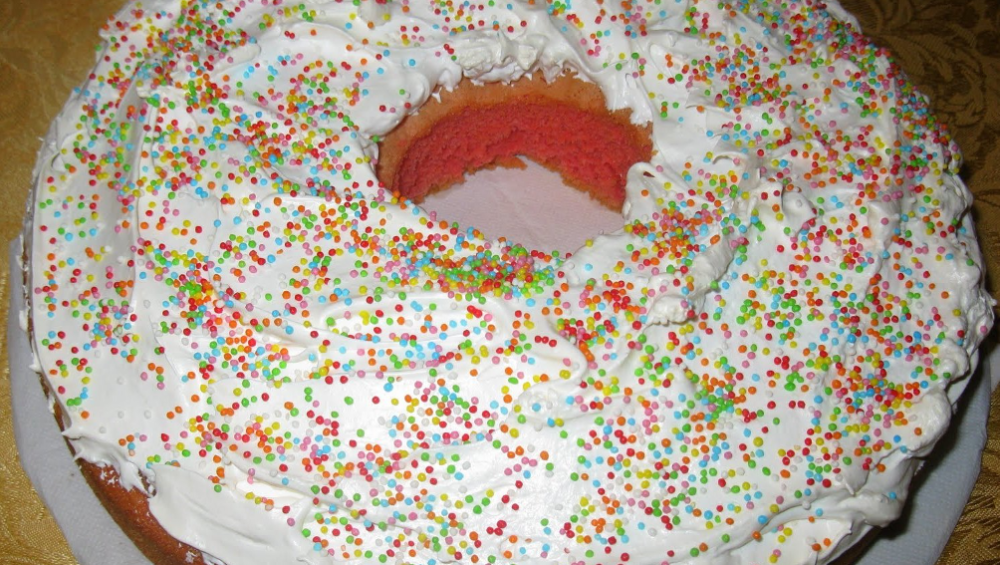
Easter recipes in Umbria
Ci si avvicina alla Pasqua e sulle tavole umbre, imbandite di leccornie e decorate dai profumi della primavera con i suoi colori e il dolce suono delle tortore canterine, non possono mancare due piatti tradizionali della cultura e enogastronomica umbra: il dolce Ciaramicola da gustare per la colazione oppure a fine pasto abbinato con un Vin Santo umbro da Grechetto e Trebbiano, e la Torta al formaggio che accompagna salumi e antipasti ricchi e saporiti.
La Ciaramicola e le sue origini
Una ciambella conosciuta nei borghi perugini già nel XV secolo, è un dolce lievitato ricoperto di candida meringa e arricchita a adornata da colorati confettini. Il suo impasto interno di presenta di un coloro rosso/rosato conferito dal liquore che si utilizza per questo dolce: l’Alchermes, a base di cocciniglia, acqua di rose, vaniglia, cannella, chiodi di garofano e coriandolo. Un liquore italiano molto amato dalla famiglia dei Medici.
Il nome Ciaramicola, etimologicamente, deriverebbe da diverse sfumature di significato:
- Da Ciaramella: per la circolarità della sua forma;
- Da Ciarapica: il nome dialettale della Cinciallegra, l’uccello della primavera;
- Da Ciara: in riferimento alla meringa fatta da albume d’uovo o dalle chiare dell’uovo.
La tradizione poi vuole che la Ciaramicola fosse un dolce che le fanciulle regalassero a Pasqua ai loro futuri mariti come buon auspicio.
Un’altra tradizione importante del territorio umbro è legata alla festa di Sant’Ubaldo, patrono di Gubbio. In un testo del 1431 si legge, infatti, che la Ciaramigola venne fatta preparare e offrire agli eugubini in occasione della festa del Santo il 15 maggio.
Infine, capita spesso di trovare la Ciaramicola con 5 “ciuffetti” di meringa, in rappresentanza de cinque Rioni Perugini: Porta Santa Susanna rappresentata dal colore azzurro dei confettini (per l’orientamento verso il Lago Trasimeno della Porta), Porta Eburnea dal colore verde (gli orti), Porta Sant’Angelo dal colore rosso (la spada dell’Angelo), Porta San Pietro dal colore giallo (come il grano), Porta Sole bianca come la meringa e come la luce del sole (il sole infatti è il simbolo di questa Porta).
La ricetta della Ciaramicola
Ingredienti per la ciambella:
- 550gr di farina 00
- 250 gr di zucchero
- 150gr di strutto (alternativa burro)
- 4 uova
- 1 bustina di lievito per dolci
- Scorzetta di 1 limone
- 200ml di Alchermes
Ingredienti per la meringa:
- 100 gr di albumi
- 200 gr di zucchero
- 1 cucchiaino di cremar tartaro
Per la decorazione:
- Confettini di zucchero colorati
Procedimento:
Cominciamo col montare uovo e zucchero fino a ottenere una spuma omogenea alla quale aggiungeremo la farina e il lievito setacciati, lo strutto a temperatura ambiente, la scorzetta di limone grattugiata ed infime l’Alchermes. Dopo aver amalgamato tutti gi ingredienti, la versiamo in una teglia imburrata. In forno per 45 minuti circa a 160°C.
Per la meringa montiamo a neve ad alta velocità gli albumi con il cremar tartaro e gradualmente lo zucchero. Dovrà risultare ferma, soffice e lucida.
Una volta che la ciambella sarà fredda, la ricopriamo di meringa e infine con gli zuccherini colorati. Di nuovo in forno per 25 minuti per far cuocere la meringa a 90°C.
La Torta al formaggio
Un lievitato ricco di formaggio e sapori tipico delle festività Pasquali in Umbria ma che si mangia e consuma tutto l’anno proprio per la sua bontà, la semplicità e la facilità di abbinamento con i salumi, soprattutto il capocollo e la norcineria.
Non di rado la Torta al Formaggio viene mangiata a colazione la mattina di Pasqua, ecco perché è conosciuta anche con il nome di Torta di Pasqua.
Nel De Agri Coltura, Catone scrive di una torta al formaggio famosa soprattutto a Tuoro sul Trasimeno.
La ricetta della Torta di Pasqua
Ingredienti:
- 500gr di farina 00
- 100gr di parmigiano grattugiato
- 75gr di pecorino grattugiato
- 10gr di lievito di birra
- 100 ml di olio evo
- 150m di latte
- 100gr di formaggio emmentaler
- 4 uova
- 10gr di sale
- Pepe qb
Procedimento
Iniziamo con il sciogliere il lievito del latte intiepidito. In una terrina, mescolare farina, pecorino e parmigiano, uova, il latte con il lievito ed infine l’olio a filo e cominciare ad impastare bene fino a fare amalgamare bene tutti gli ingredienti e a ottenere un panetto omogeno e liscio. Aggiungere il sale, il pepe e l’emmentaler a tocchetti molto piccoli o grattugiato. Porre l’impasto in uno stampo imburrato e lasciarlo lievitare per 2 ore poi infornarlo a 180°C per circa un’ora.
Copyright foto Torta al Formaggio by Spicchio d’Aglio
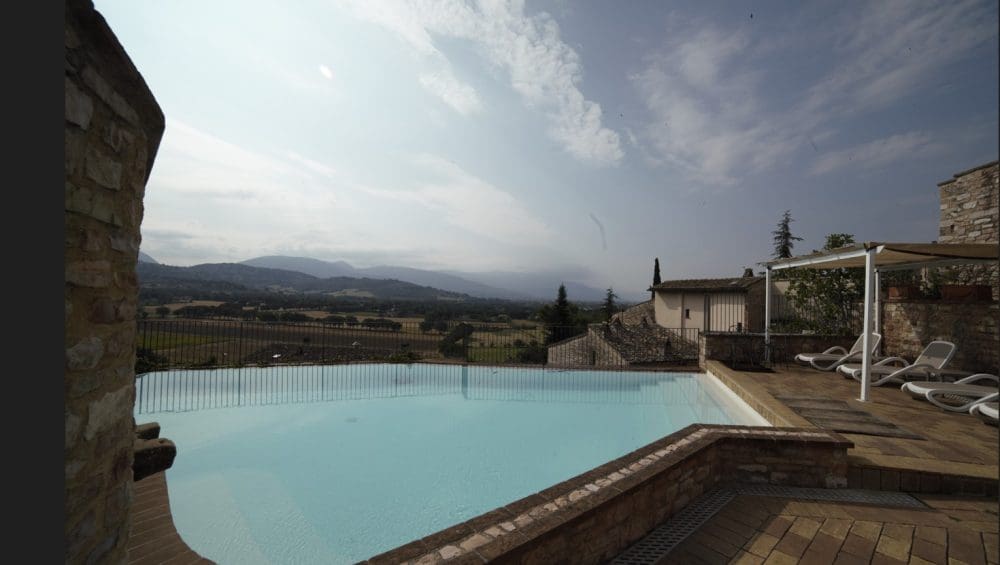
La Bastiglia Boutique Hotel Spa & Restaurant
La Bastiglia Boutique Hotel Spa & Restaurant
In this elegant and evocative hotel, perched in the historic center of Spello, in the highest and most panoramic part of the enchanting medieval village, collections of antique furniture, ceramics, paintings and sculptures furnish the interior of the seventeenth-century stone walls, combining refinement and modern design.
Located in a quiet position, among the silvery olive trees of the Umbrian Valley, it offers a magnificent view of Assisi (6 km away), nestled on the slopes of Mount Subasio Park, the enchanted mountain of San Francis .
Services
Accepting groups
Small pets allowed
Air conditioning
Hair dryer
Bar
Safe deposit box
Wellness centre/SPA
Family room
Minibar
Garage
Gluten free
Free Wi-fi
Internet
Laundry
Bicycle rental
Parking
Park/Garden
Swimming pool
Indoor swimming pool
Restaurant
Conference hall
Sauna
Solarium
Transfer da/per aeroporto
TV - TV Sat
Information request
Map
Gallery
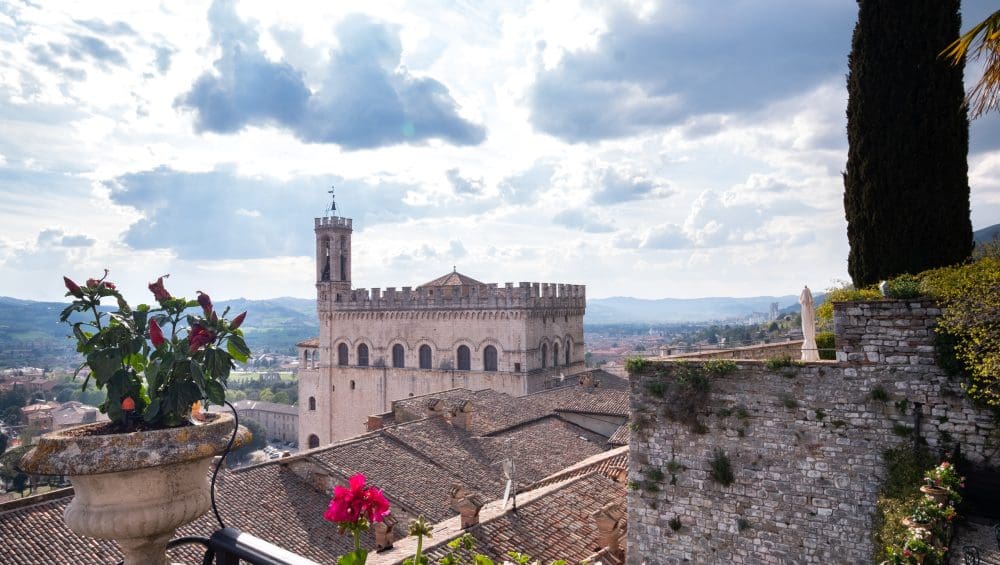
Hotel Relais Ducale
Hotel Relais Ducale
An exclusive 4-star hotel in the heart of Gubbio, where history and comfort meet.
Hotel Relais Ducale boasts a privileged position in the historic center, overlooking Piazza Grande, one of the most beautiful in Italy, and a few steps from Palazzo dei Consoli, the Duomo and historic churches.
Housed in an elegant 14th-century building, the hotel offers breathtaking views of Gubbio and the surrounding hills. Guests can enjoy carefully furnished rooms, an enchanting hanging garden, a panoramic terrace, a refined snack bar, two meeting rooms and an internet point, for a stay dedicated to relaxation and elegance.
Services
Disabled access
Accepting groups
Small pets allowed
Air conditioning
Lift
Hair dryer
Bar
Safe deposit box
Gluten free
Minibar
Laundry
Park/Garden
Restaurant
TV - TV Sat
Free Wi-fi - Internet
Ask for information
Map
Gallery
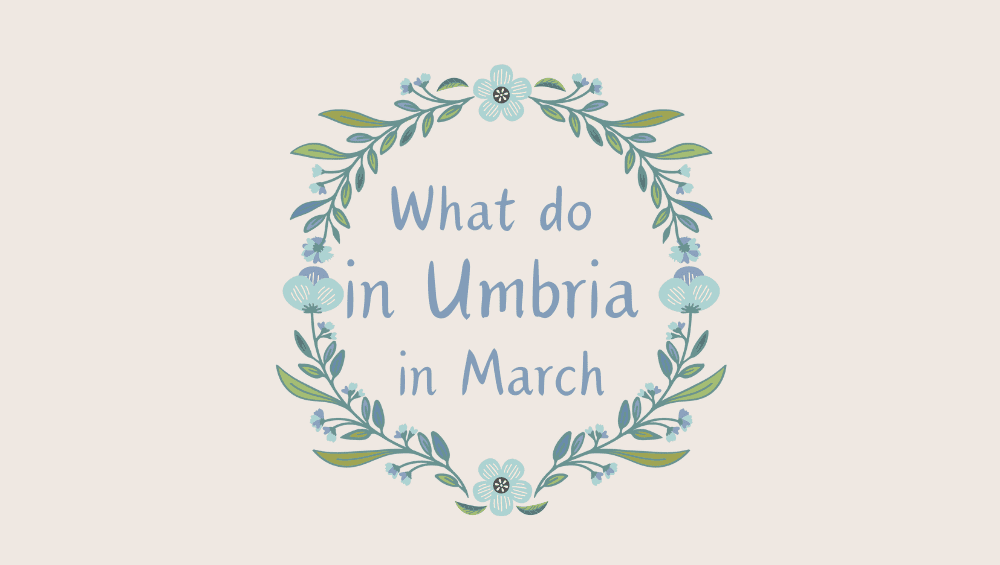
What to do in Umbria in March? UmbriaSì tells you
With the arrival of spring, Umbria awakens in a riot of colors and scents. March is the perfect month to discover this enchanted land, where culture, nature and authentic flavors meet.
Here are our three tips on what to do in Umbria in March

The magic of nature reborn
In March, the green heart of Italy offers a unique spectacle: flowery meadows, verdant hills and trees in bloom create postcard-like landscapes. It is the ideal time for walks in natural parks, such as Mount Subasio or the Trasimeno Lake Park, where the tranquility of nature completely envelops you. If you love photography or simply want to breathe pure air, you will find your corner of paradise here.

Authentic and less crowded villages
Spring is perfect for exploring the charming Umbrian villages calmly and without the summer crowds. Discover the flower-filled alleys of Spello, stroll among the medieval walls of Montefalco or lose yourself in the narrow streets of Gubbio and Todi. In addition to the architectural beauty, you will enjoy a warm welcome and an authentic atmosphere.

Seasonal Umbrian Flavors
March brings the fresh flavors of spring to the table. Enjoy first courses based on marzolino truffle, wild herbs and wild asparagus, which enrich traditional Umbrian recipes. Stop at a trattoria or agritourism to enjoy a genuine culinary experience, accompanied by a glass of Grechetto or Rosso di Montefalco wine.

 We are waiting for you in Umbria
We are waiting for you in Umbria 
Commenti recenti
- A Taste of Umbria 5
- Accomodations 109
- Activity 9
- Attività 3
- Blog 43
- Christmas in Umbria 0
- Consigli 10
- Events in Umbria 5
- La Contessa: a door between land and sea 35
- Mystic Umbria 5
- Nature 2
- News 10
- Packages 28
- Recipe 8
- Taste 4
- Tips 15
- Umbria A Journey through Time 9
- Umbria Beactive 9
- Umbria For Family 6
- Umbria Jazz 6
-
Lionel Richie Umbria Jazz 2025 24 April 2025
-
Mika Umbria Jazz 2025 24 April 2025
-
Stay at Umbria Jazz 2025 24 April 2025
Via Settevalli, 320
06129 Perugia
Iscriviti per ricevere informazioni su pacchetti, offerte, eventi e manifestazioni in Umbria.
Privacy and Cookie Policy | Credits: GREEN CONSULTING
UMBRIAPERTA: BANDO PER IL SOSTEGNO ALL’ATTIVITÀ DI INCOMING” NUOVO PIANO DI SVILUPPO E COESIONE FSC”
Intervento relativo al Progetto “UmbriaSì per l’Incoming” è stato realizzato e finanziato con RISORSE FSC
La funzionalità del sito web è stato implementa con il sostegno delle risorse del Nuovo Piano di Sviluppo e Coesione FSC


